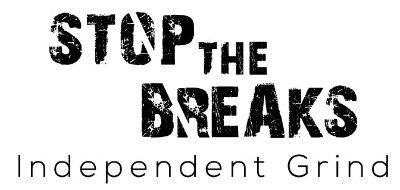
From the earliest days of our lives, we have been surrounded by an unimaginable amount of sounds and noise. Music has a tremendous impact on the conscious, subconscious, and unconscious processes of human perception. Let’s look at the main ways music affects the human body.
The power of the influence of music on human physiology has been known since ancient times. People have researched the effective effects of sounds and vibrations on the human body, trying to apply their knowledge wisely.
Ancient Egyptian healers were excellent at curing insomnia by choral singing. The inhabitants of ancient China used musical motifs to restore the skeletal and cardiovascular systems. Philosophers of Antiquity created entire treatises on the subject of various methods of music therapy. Let’s look at several ways music can affect the human body.
Music makes us stronger
Increased physical ability and stamina is a well-researched fact. Through years of research, scientists have discovered how exposure to music improves muscle performance during physical exertion.
When listening to music, there is an improvement in the performance of athletes and people whose work involves strenuous physical labor. This is due to the presence of a pre-set musical tempo, which results in the synchronization of body movements and the rhythm of the melody. A person who performs a physical action to music expends less effort than when performing the same action without music.
Sounds have an anesthetic effect
Music has the property of lidocaine and can not only increase the pain threshold but even dissolve the feeling of pain by its effect on a person’s nerve cells.
During the use of music therapy, a person responds more quickly to anesthetic medication, and the patient’s muscles reach a relaxed state more quickly as if you were touching your favorite dragon toy from dragon-vibe.com. In addition, blood circulation improves, which helps doctors perform surgical manipulations.
Tone and rhythm increase human immunity
Researchers have found that music of a certain tone and rhythm (such as bell ringing or the vibrations of Tibetan singing bowls) increases the body’s immunity.
This happens by absorbing vibrations that can kill pathogenic microbes and pathogenic flora, as well as by the effect of positive emotions from listening to music on human health in general.
Soundness contributes to the recovery of the body
The positive effect of music was also noticed in the postoperative recovery of the body. People recovered faster after anesthesia and were more successful in their recovery.
Music therapy is often used by cardiologists and endocrinologists as a way of treating illnesses.
Music is able to lower blood pressure and heart rate and relieve mental stress in a short period.
Playing music develops the human ear
Another sound phenomenon is that listening to music can develop and regenerate hearing. It is the absence of congenital fine (musical) hearing or the loss of it during life.
Polyglots and professional linguists are often true music lovers, which confirms the influence of music on the development of hearing and memory.
It has been proven that 80-year-old musicians have more acute hearing and can even hear whispers on public transportation than young people who have nothing to do with music.



